Best movies like The Kotsiubynsky family
A unique, carefully handpicked, selection of the best movies like The Kotsiubynsky family Starring Oleksandr Hai, Yuri Demich, Aleksei Loktev, Boryslav Brondukov, and more. If you liked The Kotsiubynsky family then you may also like: Zvenygora, Ukraine in Flames, The Undefeated, Winter on Fire: Ukraine's Fight for Freedom, October (Ten Days that Shook the World) and many more popular movies featured on this list. You can further filter the list even more or get a random selection from the list of similar movies, to make your selection even easier.
The events of the film cover the story of the Kotsiubynsky family in the years 1912-1918, ending with the defeat of the Central Rada and the establishment of a Soviet republic in Ukraine in the spring of 1918.
You may filter the list of movies on this page for a more refined, personalized selection of movies.
Still not sure what to watch click the recommend buttun below to get a movie recommendation selected from all the movies on this list
Ukraine in Flames
A 1943 Soviet documentary war film by Ukrainian director Alexander Dovzhenko and Yuliya Solntseva. It is Dovzhenko's second World War II documentary, and dealt with the Battle of Kharkov. The film incorporates German footage of the invasion of Ukraine, which was later captured by the Soviets.
The Undefeated
In 1950, long after the world has finished fighting World War II, a fight continues behind the newly drawn Iron Curtain: as the Ukrainians keep fighting both Nazi and Soviet abuses, General Roman Shukhevych (Hryhoriy Hladiy) is forced by brutal circumstances and his own sense of honor and duty to lead this effort as an underground war. As portrayed by the film, Shukhevych is a genteel family man who is also a complex character (revolted by ethnic discrimination, a music lover and a military genius) that with his charisma fuels his countrymen with desire for freedom. In the end, Shukhevych's efforts are unable to defeat the Soviets despite paying for his resistance with his life, but they re-enforce Ukrainian patriotism as an underground force until Ukraine finally recovers its freedom from Soviet tyranny.
Winter on Fire: Ukraine's Fight for Freedom
A documentary on the unrest in Ukraine during 2013 and 2014, as student demonstrations supporting European integration grew into a violent revolution calling for the resignation of President Viktor F. Yanukovich.
October (Ten Days that Shook the World)
Sergei M. Eisenstein's docu-drama about the 1917 October Revolution in Russia. Made ten years after the events and edited in Eisenstein's 'Soviet Montage' style, it re-enacts in celebratory terms several key scenes from the revolution.
Reds
An account of the revolutionary years of the legendary American journalist John Reed, who shared his adventurous professional life with his radical commitment to the socialist revolution in Russia, his dream of spreading its principles among the members of the American working class, and his troubled romantic relationship with the writer Louise Bryant.
Assassin of the Tsar
A new doctor from Moscow arrives at a provincial mental institution. His interest is the peculiarities of the psyche of a patient who believes that he is Yakov Yurovsky, the man who assassinated the last Russian tsar. In the course of their conversations it transpires that the patient is a kind of philosopher, not without a gift for suggestion. In a while the doctor himself falls under his patient’s influence: he tends to relive that fatal night of June 16-17, 1918 when, without any investigation or trial, Tsar Nicholas II, who had recently abdicated, was murdered, together with his wife, daughters and incurably ill heir. Soon the doctor realizes that the tragedy of the last Russian tsar is in part his own tragedy, too...
Bitter Harvest
Set between the two World Wars and based on true historical events, Bitter Harvest conveys the untold story of the Holodomor, the genocidal famine engineered by the tyrant Joseph Stalin. The film displays a powerful tale of love, honour, rebellion and survival at a time when Ukraine was forced to adjust to the horrifying territorial ambitions of the burgeoning Soviet Union.
Persepolis
In 1970s Iran, Marjane 'Marji' Statrapi watches events through her young eyes and her idealistic family of a long dream being fulfilled of the hated Shah's defeat in the Iranian Revolution of 1979. However as Marji grows up, she witnesses first hand how the new Iran, now ruled by Islamic fundamentalists, has become a repressive tyranny on its own.
The Long Breakup
Ukrainian journalist Katya Soldak, currently living in New York City and working for Forbes magazine, chronicles Ukraine's history: its strong ties to Russia for centuries; how it broke away from the USSR and began to walk alone; the Orange Revolution, the Maidan Revolution, the Crimea annexation, the Donbass War; all through the eyes of her family and friends settled in Kharkiv, a large Ukrainian city located just eighteen miles from the Russian border.
Parajanov: The Last Spring
Made in wartime and edited in candlelight, Mikhail Vartanov's rarely-seen masterpiece tells about his friendship with the genius Sergei Parajanov who was imprisoned by KGB "at the peak of his artistic power". Vartanov takes us back with the scenes from his censored 1969 film The Color of Armenian Land where Paradjanov is at work on his suppressed chef-d'oeuvre The Color of Pomegranates - widely regarded as one of the greatest films of all time - and contrasts it with the shocking request Parajanov sent him in unpublished 1974 letters from the Soviet prisons. Vartanov's camera documents Parajanov's striking last day at work in 1990 during the making of the unfinished Confession. A monumental wordless montage - the entire sixth reel - concludes Vartanov's acclaimed documentary, which, despite the prohibitive conditions it was created in, won the admiration of many of cinema's greatest artists, including Francis Ford Coppola and Martin Scorsese.
Victory of the Chinese People
Film about the victory of the Chinese people under the leadership of Mao Tse Tung in the war with the puppet regime of Chiang Kai-shek and the establishment in 1949, the People's Republic of China.
Mr. Jones
In 1933, Welsh journalist Gareth Jones travels to Ukraine, where he experiences the horrors of a famine. Everywhere he goes he meets henchmen of the Soviet secret service who are determined to prevent news about the catastrophe from getting out. Stalin’s forced collectivisation of agriculture has resulted in misery and ruin—the policy is tantamount to mass murder.
Guerrilla Brigade
Episodic story of the resistance to the German invasion of the Ukraine in 1918 during World War 1, and made as an example of the guerrilla warfare and fierce spirit in which Ukrainian peasants were again resisting Teuton onslaughts in 1939. Highlights a small band of guerrillas and their battles using scythes, shotguns and, often, just clubs against the Kaiser's army in the Ukrainian forests.
Revealing Ukraine
"Revealing Ukraine" by Igor Lopatonok continues investigations on of the ongoing Ukrainian crisis following "Ukraine on Fire". In addition, it analyzes the current political backstage and its dangerous potential for the world.
I Am The Revolution
The inspiring story of three women risking their lives to incite political, activist, and armed uprisings in Afghanistan, Syria, and Iraq.
The Russian Woodpecker
As his country is gripped by revolution and war, a Ukrainian victim of the Chernobyl nuclear disaster discovers a dark secret and must decide whether to risk his life and play his part in the revolution by revealing it.
The Fall of the Romanoffs
The overthrow of Czar Nicholas II in Russia was such big news that the then-fledgling art of cinema couldn't help but jump on it immediately and create a couple of dramatizations.
Ivan Franko
Historical and biographical film about the life and work of Ukrainian writer Ivan Franko.
Shors
The year is 1919. German troops retreat from Ukraine. The Directory, the Ukrainian national government lead by Symon Petliura, takes control of Kyiv. Meanwhile, the Bolshevik division commanded by Mykola Shchors is marching on the capital. The Bolsheviks capture the cities of Vinnytsia, Zhmerynka, and others one by one, but lose Berdychiv to Petliura’s forces. They are demoralized by the defeat. By his personal example of courage and military skill, Shchors inspires the retreating Red troops and leads them to victory over the enemy.
The Old House
About the early years of the life of the philosopher and writer Alexander Herzen, about his first and unrequited love, about the throwing of youth and growing up of a young critic and revolutioner. According to his father, he comes from an ancient Russian family, and his mother was a simple German woman. As an illegitimate son, he was not given the name of his father, Yakovlev. In his youth, he was fond of the ideas of freedom, for which it is not a pity to fight, which even then was close to the ideals of the revolution...
Honore de Balzac's mistake
It is a story of the relationship of A French writer and a beautiful duchess Ganskaya. The events take place in a picturesque estate of the aristocrat on the Ukrainian land, which is under the power of Polish landowners. Ganskaya is considered to be the most important woman in Balzac’s life.
Hostile Whirlwinds
About the first years of the formation of Soviet power, about the life and work of Feliks Dzerzhinsky in 1918-1925. The film covers the most important episodes of his biography. In July 1918, as a result of a revolt of the Left Socialist Revolutionaries, the German ambassador Mirbach was killed. Feliks Dzerzhinsky alone goes to the headquarters of the Left Socialist Revolutionaries and Anarchists, he manages to persuade ordinary soldiers and sailors, participants in the rebellion, who are now cracking down on their leaders. In 1921, Dzerzhinsky was aimed at combating homelessness, as a result of which, by 1925, former homeless children, having completed their studies, were sent to the construction of Yugostal, the largest industrial plant in Ukraine.
Hryhorii Skovoroda
It is a life story of one of the most famous Ukrainians and certainly a faithful servant of his nation, of Hryhorii Skovoroda. Neither promises, nor suggestion of high ranks, nor flattery, could shake his fidelity to his ideals. A wandering philosopher, who loved Ukraine with all his heart, he left an eternal trace in its history and culture.
A Slave of Love
Olga Voznesenskaya is a silent screen star whose pictures are so popular that underground revolutionaries risk capture to see them. She's in southern Russia filming a tear-jerker as the Bolsheviks get closer to Moscow. Although married, she spends time every day with Victor Pototsky, the film's cameraman. Gradually, it comes to light that Victor uses his job as a cover for filming White atrocities and Red heroism: he's a Bolshevik. He asks her for help, and she discovers meaning in her otherwise flighty and self-centred life. Love blooms. Will the Red forces arrive in time to save them from a suspicious White military leader? Will she find courage?
How to Stage a Coup
A guide to human history through its most audacious power grabs. From Julius Caesar to Napoleon; from Mussolini to the strongmen of the present day - we see how the world we know has been shaped by those who dream big.
The Geese-Swans Fly
Life in a Ukrainian village after the Soviet revolution. A poetic ballad, which through the lens of a child's observations, dreams and hopes rely on the belief for a new and better future. Living with his grandfather and mother, little Mykhailyk has a great passion for books and hearing about a huge library at a nearby castle, he begins making plans to go there.
A Story of the Forest: Mavka
Mavka, a water nymph, loves Lukash, a country youth. Their brief happiness ends when Lukash is forced to marry the shrewish Kilina. The Spirit of the Forest turns Lukash into a wolf as punishment for his infidelity. The strength of Mavka's love breaks the spell, but Kilina curses the nymph, transforming her into a weeping willow. This beautiful and tragic story is based on a play written in 1912 by Lesya Ukrainka, a Ukrainian poet, writer and political, civil and female activist, and includes mythological characters taken from Ukrainian folklore.
Преодоление
Ukraine, 1919. Bolshevik counter-intelligence agents work to stop an uprising by White Russian nationalist-monarchist counterrevolutionaries. A young countess finds herself caught between her family and class allegiance and burgeoning Communist sympathies inflamed by a chance meeting with a handsome young Ukrainian chekist. The movie was filmed in Soviet Ukraine at the Alexander Dovzhenko Film Studio in 1982.
Selfish Yates
The story is set in Arizona, where the aptly nicknamed Yates is the proprietor of the local saloon. Unable to find any other work, pretty Mary Adams is forced to scrub floors in Yates' establishment. At first treating her with the same disdain that he extends to the rest of the townsfolk, Yates slowly but surely falls in love with Mary.
The Taras Family
Russian filmmaker Mark Donskoi, of "The Gorky Trilogy" fame, was responsible for the postwar Soviet drama The Taras Family (originally Nepokorenniye, and also released as Unvanquished and Unconquered). A semi-sequel to Donskoi's Raduga (1944), the story is set in Nazi-occupied Kiev. The drama focusses on the travails of a typical Soviet family and on the efforts by the Germans to force the reopening of a local munitions factory. The film is at its most grimly effective in a long sequence wherein the Nazis conduct a search for Jewish escapees, culminating in a horribly graphic re-creation of the slaughter of the Jews at Babi Yar. While Donskoi was critically lambasted for his cinematic "sloppyiness" during this sequence (hand-held camera, rapid cuts etc.), it can now be seen that he was attempting a realistic, documentarylike interpretation of this infamous Nazi atrocity.





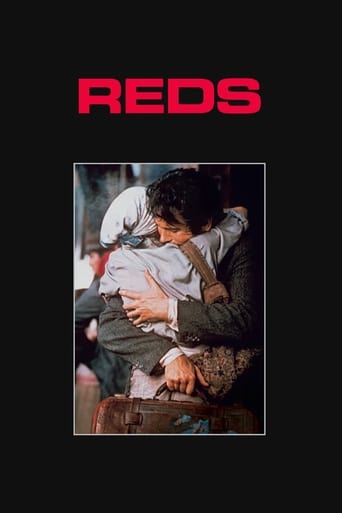


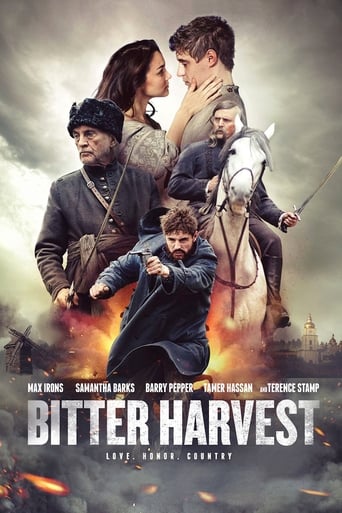

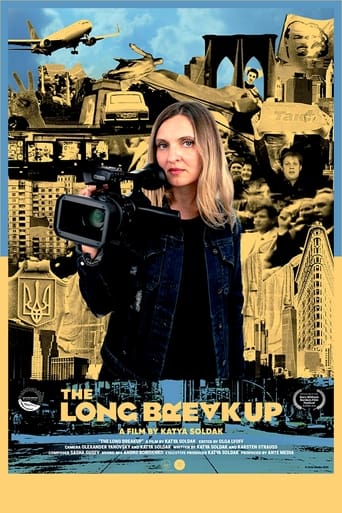


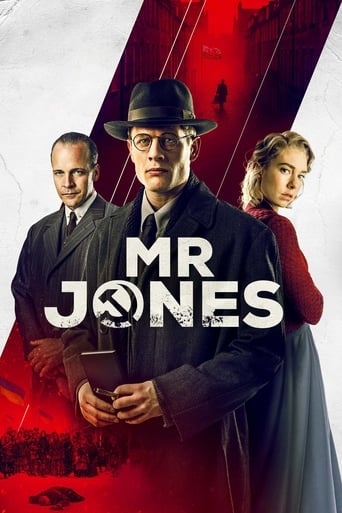



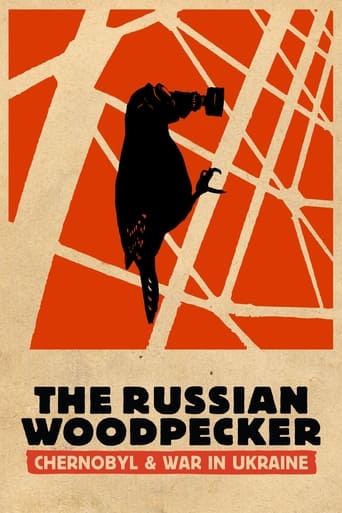
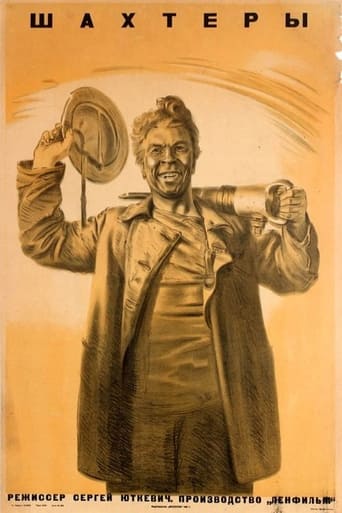
















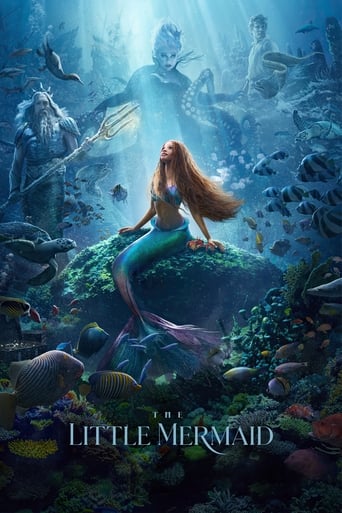
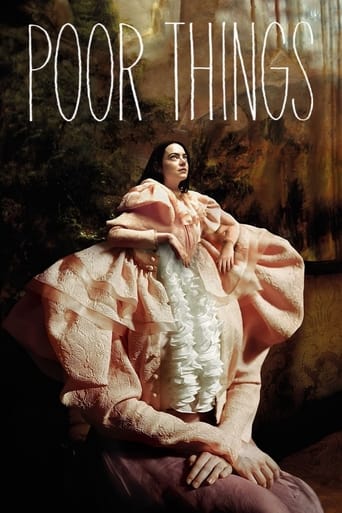


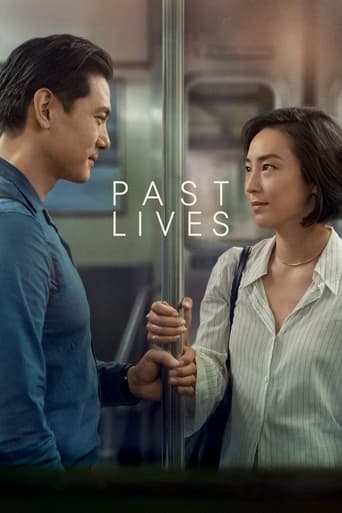
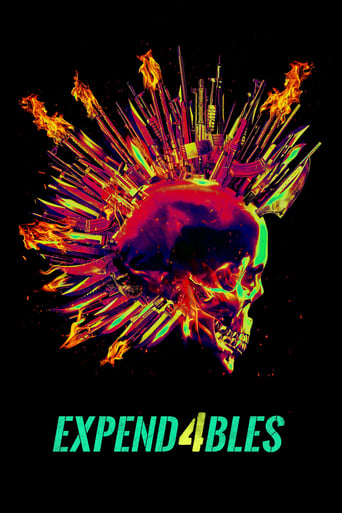
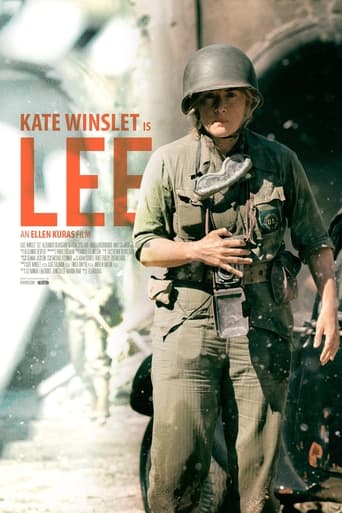
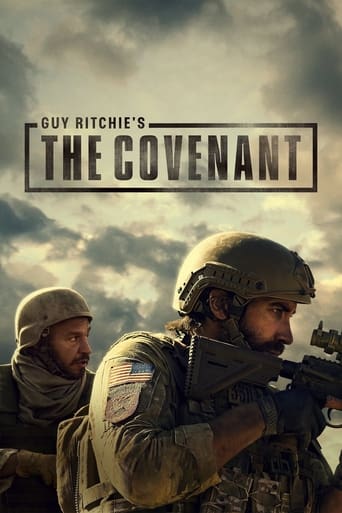
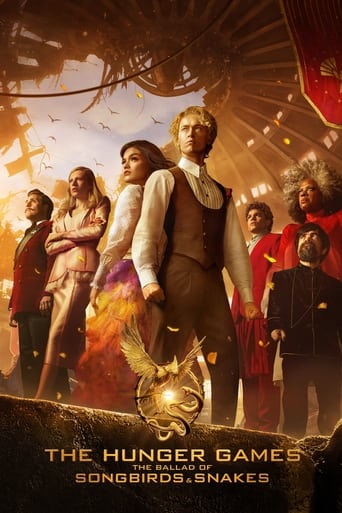
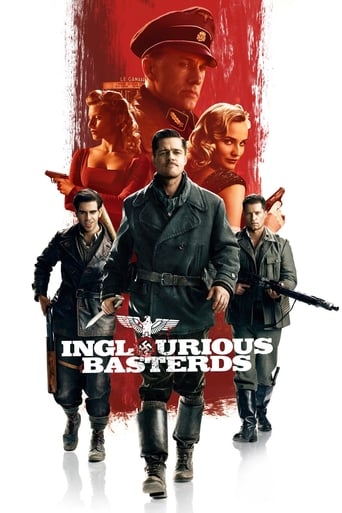
Zvenygora
The momentous film stars Mykola Nademskyi as the grandfather of Tymish (Semen Svashenko), whom he alerts to secret treasure buried in the mountains of Zvenygora – Treasure that rightfully belongs to his homeland. The film wonderfully blends both lyricism and politics and uses its central construct to build a montage praising Ukrainian industrialization, attacking the bourgeoisie, celebrating the beauty of the Ukrainian steppe and retelling ancient folklore. Said Sergei Eisenstein of the film, "As the lights went on, we felt that we had just witnessed a memorable event in the development of the cinema".